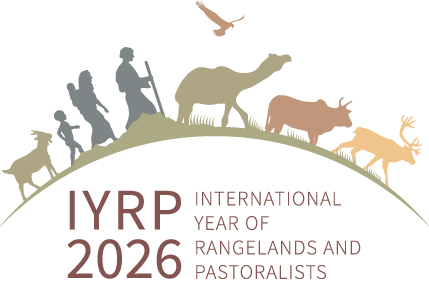The United Nations Convention to Combat Desertification (UNCCD), established in 1994, works with 197 parties worldwie to improve the living conditions of people in drylands by maintaining land and soil productivity to build resilience, mitigate drought and combat desertification and land degradation.
It envisions a future that avoids, minimises and reverses land degradation and mitigates the effects of drought in affected areas at all levels. It strives to achieve a land-degradation-neutral world consistent with the 2030 Agenda for Sustainable Development.
The UNCCD is the sole international convention that directly links soil and land health to sustainable development, with a focus on vulnerable ecosystems including arid, semi-arid and dry subhumid areas, which are occupied and used by mobile peoples including pastoralists. These lands are also known to store more than 2/3 of the world’s below-ground carbon and are rich in biodiversity.
The strategic objectives of the Convention include improving the condition of affected ecosystems; combatting desertification / land degradation; promoting sustainable land management; contributing to land degradation neutrality (LDN); improving the living conditions of affected populations; mitigating, adapting to and managing the effects of drought in order to enhance resilience of vulnerable populations and ecosystems; and generating global environmental benefits that resonate with the goals of the IYRP.
At the14th session of the Conferences of Parties (COP 14) in 2019, a side event was devoted to the question "Monitoring & combating land degradation in pastoral areas – are participatory approaches important?".
Several IYRP partners attending COP 15 in Abidjan, Ivory Coast, in May 2022 organised side events about rangelands and pastoralists. The group developed comments to strengthen the COP Decisions and Declaration in line with the IYRP themes and key messages (see below). See also the Closing Statement of civil-society organisations, shepherded by Nahid Naghizadeh (MENA RISG), which highlighted the challenges of pastoral mobility and supported the IYRP 2026. WWF launched a global coalition for grasslands, savannahs and rangelands to build political momentum and public & private investments to protect, restore and sustainably manage these landscapes and to ensure that they are included in restoration, climate and food security action plans; LDN, climate mitigation and biodiversity protection.
In 2023, the UNCCD Secretariat commissioned a Global Land Outlook (GLO) report on rangelands and pastoralists, coordinated Pedro M Herrera, an IYRP ISG member who is also in the IYRP Working Group on LDN. UNCC released the GLO report in May 2024 in Ulaanbaatar, Mongolia. It refers several times to the IYRP 2026.
The Government of Mongolia, which proposed the IYRP 2026, has been selected to host COP 17 in 2026.


